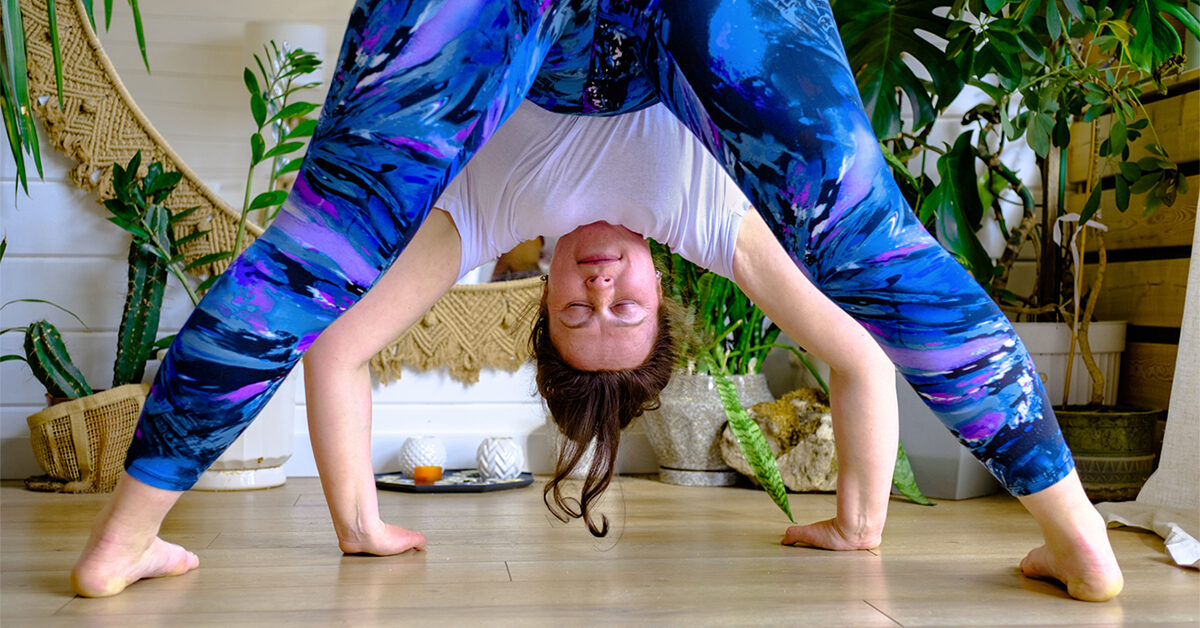April Murray Bravo
Dallas Texas

Navigating Life’s Challenges with Yoga and Psychology
In our fast-paced and often complicated world, many of us face a variety of emotional and psychological challenges. Whether it’s figuring out the ups and downs of relationships or dealing with personal issues like sexual dissatisfaction or identity, the journey to find emotional relief can feel like wandering through a maze. While professional counseling and sex therapy are great options for support, they can sometimes feel intimidating, especially when it comes to sharing personal details. But there’s good news! An ancient practice is making a comeback in the realm of modern therapy: Yoga.
The Peaceful Power of Yoga
Yoga, with its roots in ancient Indian traditions, has been a source of calm and inner peace for thousands of years. It’s not just about physical exercise; it’s a holistic practice that nurtures the mind, body, and spirit. On the other hand, psychology is all about understanding and addressing mental health issues in today’s world. When you blend Yoga with psychological principles, it’s like two rivers coming together, each enhancing the other in wonderful ways.
Why Combine Yoga and Psychology?
Integrating Yoga into psychological practices offers a refreshing, self-managed approach to therapy that can be especially beneficial in several key areas:
1. Self-awareness and Mindfulness
Both Yoga and psychology emphasize self-awareness and mindfulness, which are essential for effective therapy. Through mindful meditation and physical poses (asanas), Yoga encourages us to explore our mental and emotional landscapes. This deep introspection can enhance the therapeutic process, helping us tackle sensitive topics like sexual identity and relationship challenges.
2. Stress Reduction and Emotional Balance
Life can be stressful! Thankfully, Yoga provides soothing postures and breathing techniques that help reduce stress hormones and promote relaxation. This calm state creates an ideal environment for addressing issues like anxiety and depression, allowing us to maintain emotional balance.
3. Building Resilience
Yoga fosters resilience by encouraging a calm and non-judgmental mindset—key qualities for navigating life’s ups and downs. This solid foundation helps us face personal trials, including sexual dissatisfaction and relationship struggles. When combined with psychotherapy, which offers tailored strategies, this approach creates a powerful framework for personal growth.
4. Enhancing Relationships
Practicing Yoga cultivates self-compassion, which can significantly improve our relationships with others. As we learn to understand our own reactions and emotions better, we become more equipped to communicate effectively with partners and friends. When paired with couples therapy, Yoga can enhance empathy and understanding, making it easier to resolve conflicts.
5. Embracing Body Positivity and Sexual Wellness
A core aspect of Yoga is embracing our physical selves, which can lead to greater body positivity and improved sexual health. This acceptance creates a safe space for discussing sexual issues alongside therapy that explores these topics in a gentle way. The outcome? A more fulfilling and healthy sexual life!
A Journey Towards Wellness
Together, Yoga and psychology create a calming and empowering path for anyone facing today’s emotional and sexual challenges. This harmonious relationship not only addresses immediate concerns but also sets us on a lifelong journey of wellness and self-discovery. By learning to balance our mind, body, and spirit, we can unlock solutions to our problems while cultivating a life filled with greater joy and deeper connections.
With this compassionate approach to emotional and psychological well-being, the road ahead becomes clearer—transforming lives and fostering lasting happiness!
For More Information
